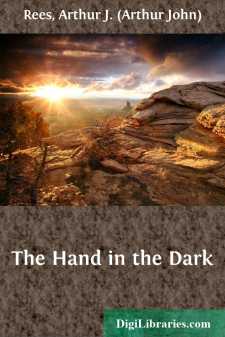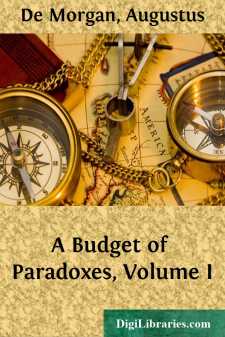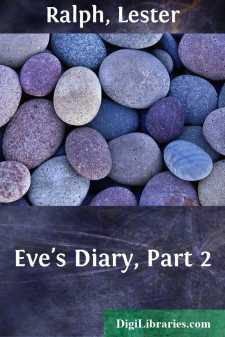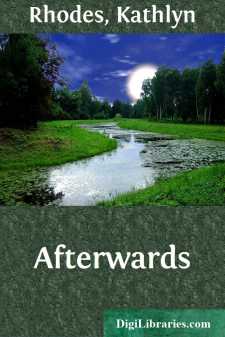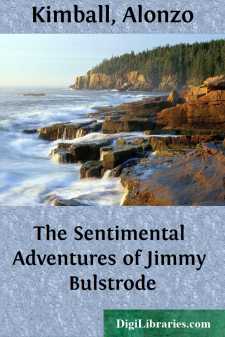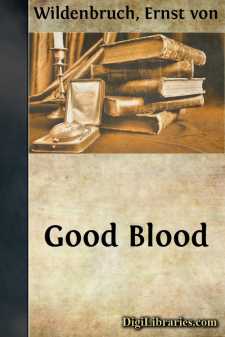Categories
- Antiques & Collectibles 13
- Architecture 36
- Art 48
- Bibles 22
- Biography & Autobiography 813
- Body, Mind & Spirit 142
- Business & Economics 28
- Children's Books 17
- Children's Fiction 14
- Computers 4
- Cooking 94
- Crafts & Hobbies 4
- Drama 346
- Education 46
- Family & Relationships 57
- Fiction 11829
- Games 19
- Gardening 17
- Health & Fitness 34
- History 1377
- House & Home 1
- Humor 147
- Juvenile Fiction 1873
- Juvenile Nonfiction 202
- Language Arts & Disciplines 88
- Law 16
- Literary Collections 686
- Literary Criticism 179
- Mathematics 13
- Medical 41
- Music 40
- Nature 179
- Non-Classifiable 1768
- Performing Arts 7
- Periodicals 1453
- Philosophy 64
- Photography 2
- Poetry 896
- Political Science 203
- Psychology 42
- Reference 154
- Religion 513
- Science 126
- Self-Help 84
- Social Science 81
- Sports & Recreation 34
- Study Aids 3
- Technology & Engineering 59
- Transportation 23
- Travel 463
- True Crime 29
Sort by:
Seen in the sad glamour of an English twilight, the old moat-house, emerging from the thin mists which veiled the green flats in which it stood, conveyed the impression of a habitation falling into senility, tired with centuries of existence. Houses grow old like the race of men; the process is not less inevitable, though slower; in both, decay is hastened by events as well as by the passage of Time....
more...
PREFACE TO THE FIRST EDITION. (1872) It is not without hesitation that I have taken upon myself the editorship of a work left avowedly imperfect by the author, and, from its miscellaneous and discursive character, difficult of completion with due regard to editorial limitations by a less able hand. Had the author lived to carry out his purpose he would have looked through his Budget again, amplifying...
more...
OUT IN THE STORM "Jack, it looks as if we were in for another storm." "Yes, and it's starting right now," declared Captain Jack Rover, as he glanced through the trees to the overcast sky. "Don't you hear it on the leaves?" "It does beat everything!" declared Andy Rover, his usually bright face clouding a bit. "It has rained enough in the past two weeks to...
more...
by:
Lester Ralph
I tried to get him some of those apples, but I cannot learn to throw straight. I failed, but I think the good intention pleased him. They are forbidden, and he says I shall come to harm; but so I come to harm through pleasing him, why shall I care for that harm? MONDAY.—This morning I told him my name, hoping it would interest him. But he did not care for it. It is strange. If he should tell me his...
more...
by:
Kathlyn Rhodes
"Dr. Anstice"—the girl spoke slowly, and her voice was curiously flat—"how much longer have we—before dawn?" Without replying, the man glanced at his watch; and when he spoke his voice, too, was oddly devoid of tone. "I think—only an hour now." "Only an hour." In the gloom of the hut the girl's face grew very pale. "And then——" She broke off,...
more...
CHAPTER I With what a strange thrill I look out from my stateroom window, early one April morning, and catch a glimpse of the flashing light on one of the green promontories of the Golden Gate! I dress hurriedly and run out to find that a light is flaming on the other promontory, and that we are entering the great Bay of San Francisco. It has taken a long preparation to give me the feeling of pride and...
more...
by:
Alonzo Kimball
IN WHICH HE BUYS A CHRISTMAS TREE There was never in the world a better fellow than Jimmy Bulstrode. If he had been poorer his generosities would have ruined him over and over again. He was always being taken in, was the recipient of hundreds of begging letters, which he hired another soft-hearted person to read. He offended charitable organizations by never passing a beggar's outstretched hand...
more...
Is it possible that there are people quite free from curiosity? People who can pass on behind any one they see gazing earnestly and intently toward some unknown object without feeling an impulse to stop, to follow the direction of the other's eyes, to discover what odd thing he may be looking at? For my part, if I were asked whether I counted myself among that class of cold natures, I do not know...
more...
by:
Temple Bailey
From the moment that Jimmie Harding came into the office, he created an atmosphere. We were a tired lot. Most of us had been in the government service for years, and had been ground fine in the mills of departmental monotony. But Jimmie was young, and he wore his youth like a gay cockade. He flaunted it in our faces, and because we were so tired of our dull and desiccated selves, we borrowed of him,...
more...
by:
Lytton Strachey
CHAPTER I When the French nation gradually came into existence among the ruins of the Roman civilization in Gaul, a new language was at the same time slowly evolved. This language, in spite of the complex influences which went to the making of the nationality of France, was of a simple origin. With a very few exceptions, every word in the French vocabulary comes straight from the Latin. The influence...
more...


